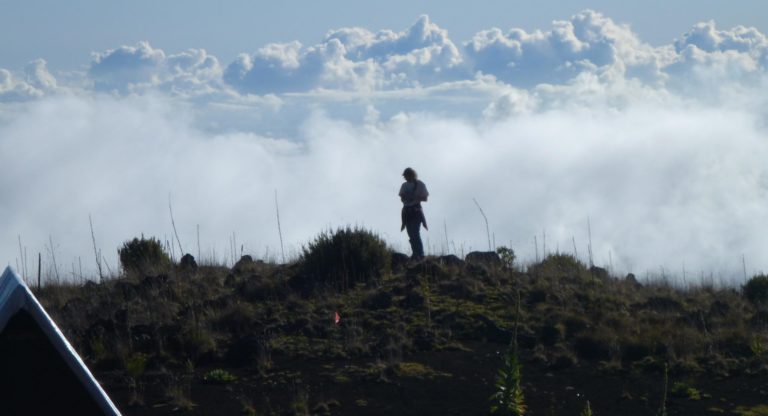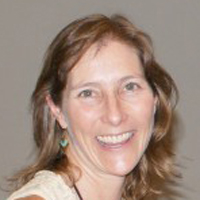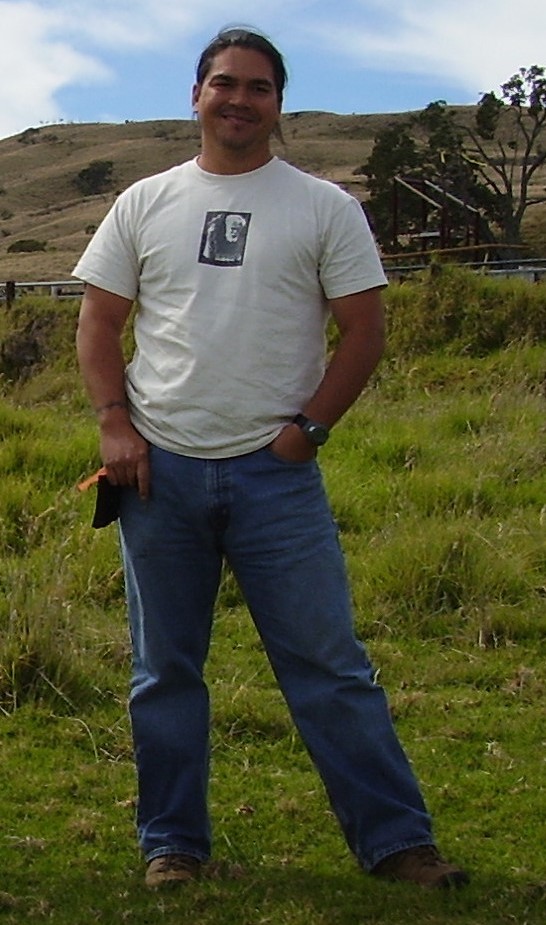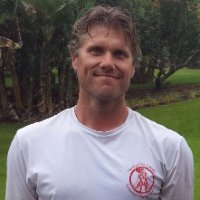
The Pacific Islands Climate Adaptation Science Center (PI-CASC) developed the Manager Climate Corps (MCC) program, in partnership with the University of Hawaiʻi at Hilo. The MCC supports and connects local natural resource managers, researchers, cultural practitioners, policy professionals, community leaders, and graduate students on the Island of Hawaiʻi Island through in-person networking and collaborative research projects. MCC aims to build adaptive capacity by identifying existing professional and community networks and expanding them through manager-driven research projects and collaborative forums. ESAL had the opportunity to speak to with the former MCC lead Sharon Ziegler-Chong, Climate Adaptation Extension Specialist and MCC co-lead at PI-CASC Scott Laursen, and MCC partner and project co-lead Cheyenne Hiapo Perry to learn more about the program.
RD: What is the aim of the MCC program?
MCC: The program shifts the focus from information or data to relationships with oneself, each other, and natural resources to develop such holistic relationships into strong professional connections by supporting long-term trust. Given our existing connections with natural resource management, cultural practitioner networks, and other community groups in Hawai’i, we decided to focus on these relationships and develop them using the process of knowledge co-production (i.e., highly collaborative, manager-driven research). Together, resource managers and scientists co-produce research products that directly inform policy and meaningfully address the complex challenges faced by local managers and the communities they are connected to. We endeavor to unite diverse experiential and analytical knowledge forms existing within specific landscapes and seascapes, such that the research pathway is fundamentally rooted within a specific geography. Our hope is, thereby, to increase the capacity for utilization of research products.

Sharon Ziegler-Chong
RD: What is co-production and how is it beneficial?
MCC: Co-production is where local natural and cultural resource managers, policy professionals, and community leaders (collectively referred to as managers) work side-by-side with federal and university researchers and graduate students to develop and lead a research project in which all are co-leads throughout the entire pathway. All researchers and managers guide the inception of the questions and the development of hypotheses and collectively contribute to the data collection, analyses, and delivery of research products, iteratively interacting with team members through the research process. By using co-production, we aim for the local manager networks to have a vested interest in the final products, and that there is trust in the results so that the managers will use the output to aid in climate change adaptation. Taken together, co-production enables the managers to be involved throughout the entire research process to ensure maximum utility of the output/findings. This process focuses on creating applied science that is indeed applied! Co-production moves us away from actionable science to action itself through primarily valuing, engaging, and supporting long-term relationships, so that managers can develop a plan or create a protocol with the community in mind – for example a protocol on tree plantings and species selection amid significant ongoing climate change at high elevations!

Cheyenne Hiapo Perry
RD: What is important for co-production to occur?
MCC: Trust is essential for co-production to occur and a significant driver in human behavior. It can be difficult to build up trust when you are not part of the local community or privy to their practices, particularly through short-term research projects (e.g., 2-4 years). This required us to educate ourselves on cultural norms and values, intrinsic knowledge forms (e.g., instinct, intuition, unconscious, etc.), worldviews, and how our worldviews are shaped by the culture around us and vice versa. We looked for established networks where trust already exists and aimed to support their needs through co-production. When we interact with rural communities it is critical we value and honor their input because we are fundamentally accountable to such partnerships in manager-driven research pathways. Managers see the benefits of our work and word gets around, which enabled us to establish trust from within. In addition, graduate students and early career professionals become experienced within such boundary work between diverse worldviews. This does not happen overnight, but we work to ensure continuity and to make the needs of the practitioners heard. For a deeper view into such a process, please watch this award-winning episode of a cable television program through the University of Hawaiʻi Sea Grant College Program called Voice of the Sea, which begins by interviewing two MCC graduate students.

Scott Laursen
RD: What challenges have you faced when developing the MCC program?
MCC: A lot of challenges have come from the academic institutions themselves as they are used to specific routines within research. When pitching the idea of co-production and more broadly actionable science, it was crucial that we substantiate the collaborative research pathways within human dimensions research (e.g., cultural anthropology, environmental anthropology, psychology, sociology) to better understand the drivers of human behavior. When planning for adaptation and action-oriented research, a different engagement style is necessary beyond historic convention. Given STEM science is considered impersonal and objective, co-production allows for personal and subjective conversations to support manager networks. The MCC program really enables the results of science to directly support and spread through the local communities and ecosystems as well as other geographies. Its tagline is “collaboration across worldviews.” At its core, our program enables the academic institutes to get to know their neighbors!
RD: What impact do you expect the program to have in 5-10 years?
MCC: In recent years, there has been significant increased focus on and speculation around the topic of climate change, which has impacted funding and increased focus on the field of climate science alongside social science disciplines. We hope to expand the work of the MCC into regional and national efforts, with an acknowledgement that climate change is occurring! As the MCC program highlights relational networking – which is simply building healthy relationships such that data or information better flows through the connections of relationships – we hope to showcase the benefits of moving beyond just the data and information exchange. As the program highlights how indigenous communities are very fluent in the notion of communities of practice, boundary work is essential to ensure science products from highly respected STEM disciplines have increasing and lasting impact.
RD: What is the student/manager experience within the MCC program itself?
MCC: Island natives have relied a lot on personal networks, which help them effectively conduct research. The MCC program helped us identify what things work as we spoke to several community members so that when we did restoration, we were able to ensure maximal survival (e.g., planting seedlings in extreme high elevation environments) with minimal energy and resource use. We were also able to ensure long-term continuity, which is usually not seen in the field, as individuals come for a year or two, and then leave; whereas the MCC program has consistent communication with local managers to meet their long-term aims through several projects over the years. Additionally, the program highlights this idea that indigenous knowledge also has value, which is a shift from traditional ideas that science was above it. The notion of co-production has helped with connecting the community with science, with the appreciation of different practices and means to reach the same research goals. Furthermore, the program itself reaches out to individuals that have never had any communication with research institutes and this has helped those communities to learn more about science, support their youth through early career development, and the institutes to learn about community needs.
Are you involved with an organization or effort that you think might be of interest to the ESAL community? Or have heard about an organization or initiative that you’d like to learn more about? Let us know here, and we may feature it in a future post.